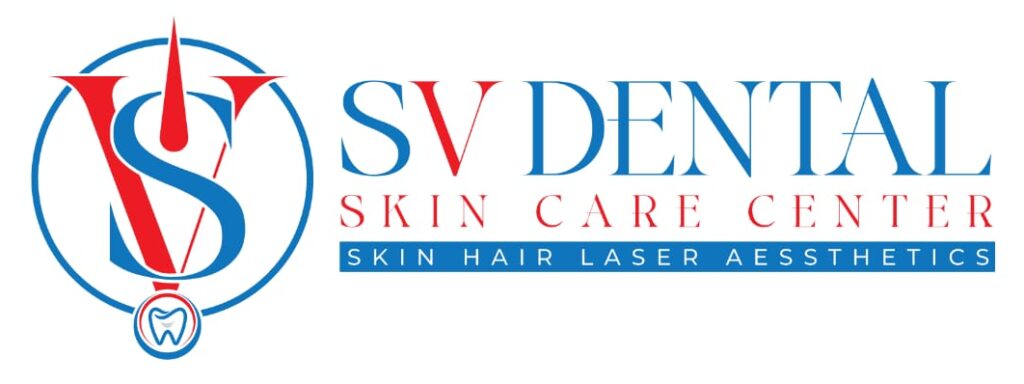Dental Implants

Dental implants represent a cutting-edge solution in modern dentistry for replacing missing teeth. These implants consist of titanium posts surgically inserted into the jawbone to serve as sturdy anchors for artificial teeth or dental bridges. This procedure is highly effective in restoring both function and aesthetics, offering a permanent alternative to traditional dentures or bridges.
The process of receiving dental implants typically begins with a comprehensive consultation with a dentist or oral surgeon. During this initial visit, the dentist assesses the patient’s oral health, including bone density and gum condition, using X-rays or CT scans. This evaluation helps determine whether the patient is a suitable candidate for implants.
If deemed eligible, the next step involves the surgical placement of the titanium implant post into the jawbone. This procedure is performed under local anesthesia and, if necessary, sedation to ensure the patient’s comfort. Over the following weeks to months, the jawbone naturally fuses with the implant through a process called osseointegration. This fusion provides a secure and stable foundation for the replacement tooth or teeth.
Once osseointegration is complete, an abutment—a connector piece—is attached to the implant, protruding above the gum line. The abutment serves as a platform for securely attaching a custom-made artificial tooth or dental crown. This replacement tooth is designed to match the natural teeth in shape, size, and color, ensuring a seamless integration with the patient’s smile.
Dental implants offer numerous benefits beyond aesthetics. They restore chewing function and speech clarity, akin to natural teeth, without the slipping or discomfort commonly associated with traditional dentures. Their durability and longevity, with proper care and maintenance, make them a cost-effective investment in long-term dental health.
However, candidates for dental implants must have sufficient bone density and healthy gums to support the implants. Regular oral hygiene practices, including brushing, flossing, and routine dental check-ups, are essential to maintain the health and longevity of implants.

